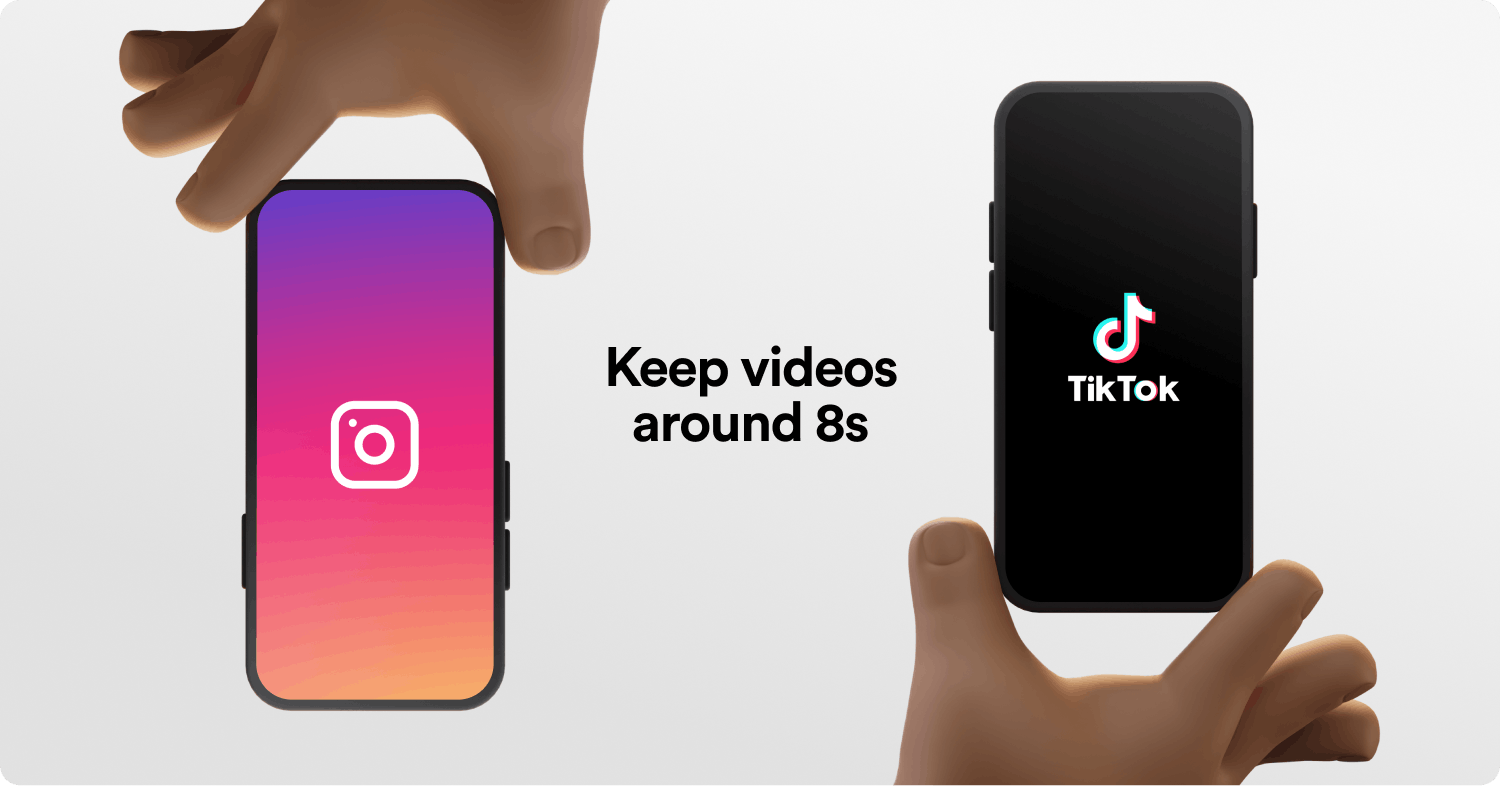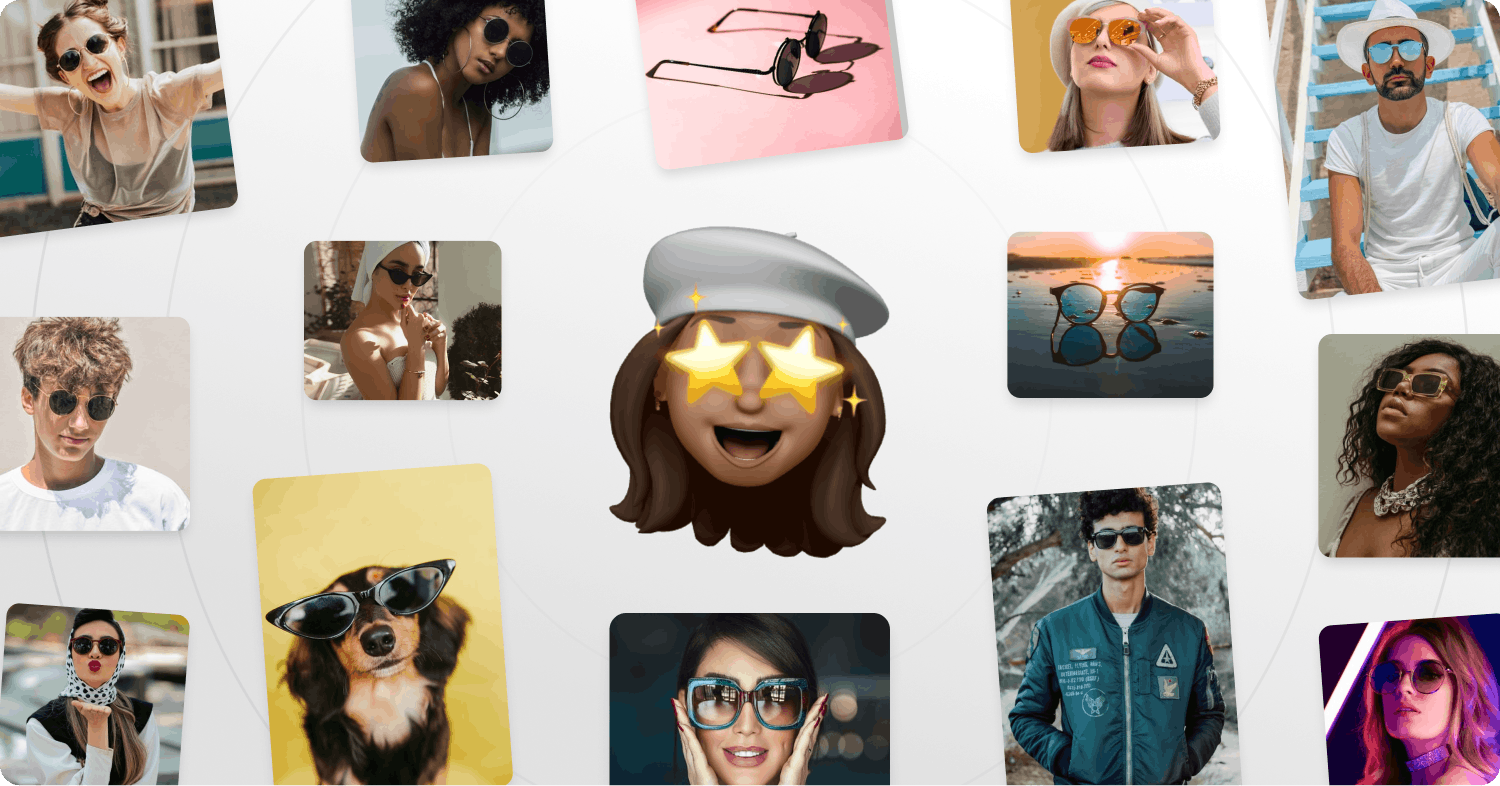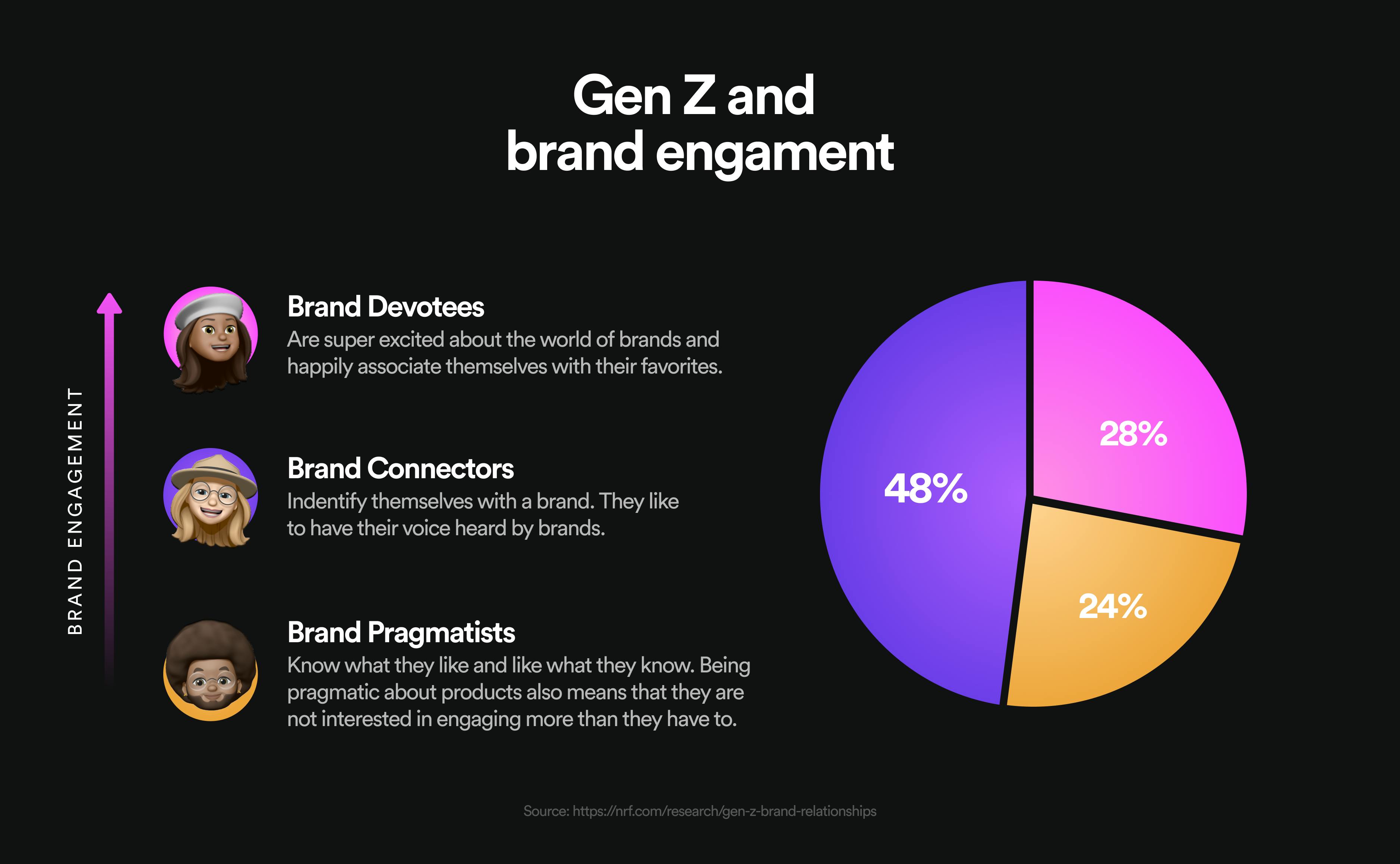
Today we are going to have a look at how Generation Z thinks about e-commerce, brands, and content.
Even though individual behaviours and preferences cannot be averaged out as generation characteristics it should give us an understanding of what trends are most important right now.
Generation Z have an estimated purchasing power of $44 billion annually and is soon the largest consumer group.
Topics
- How old and who are Gen Z?
- What does Gen Z expect from brands?
- What content does Gen Z prefer?
- Gen Z brand engemangent
Who are Gen Z and how old are they? 🧚♀️
Members of Gen Z, Generation Z, or Zoomers (a revenge term that some cringy Boomer tried to establish after hearing “OK Boomer”) are born between 1997 and 2012. This means that in 2021, the age of Gen Z are between 9 and 26.
Did you know that the generation after Gen Z are called Generation Alpha?
Diversity, Quality, and inclusiveness matter more than ever! 🙏
These are values that all brands should prioritize, no matter the generation focus. But when it comes to Gen Z, they expect it more than earlier generations.
In this study 51% of UK Gen Z’s from UK stated that it is fairly or very important to them that a brand is environmentally and ethically sustainable. 38% of Gen Z’s stated that they have stopped shopping from a brand after finding out that it did not reflect their values.
Compared to millennials, Gen Z are twice as responsive (https://www.drapersonline.com/guides/gen-z-and-millennials-2021) fashion brands that use visual content that foster quality and diversity
But Gen Z are not only here to listen, they also want to interact with their favorite brands!
According to this IBM survey, Gen Z actively want to share their options, collaborate, and co-create with their favorite brands
Take-aways
- Always be inclusive and environmentally conscious
- Use multiple, diverse, models for product photos and content. Even better: use your customers' photos instead.
- Include all parts of your customer community and let them interact and share on the way they are conformable.
Genuine content and UGC is the way to Gen Z's hearts 📸
Gen Zs have grown up during the era of fake news and prefer brands that are super transparent. By only using studio content and trying to faking customer testimonials, you will most likely end up without any Gen Z customers. Instead, strive to show your customers what happens behind the scenes and use genuine content.
When it comes to ads, 63% of Gen Zs prefer to see real people rather than celebrities in their ads.
Overall, Gen Z prefers more realistic content rather than overly polished content. According to a Salesforce study of Dormify, lower-quality photos works better for Gen Z. Further, they also found that UGC, from real customers’ before/after photos brought the brand more success than studio photoshoots.
82% of Gen Z would trust a company more if the images they used were of actual customers. The corresponding number for earlier generations are: Millennials 79%, Gen X 71%, Boomers 73%
Take-aways
- Using User-generated content from customers and Influencer-generated Content will resonate better with Gen Z
- Stop the photoshoot – Go authentic with UGC instead!

Gen Z are ACTIVE on social media and prefers short format videos 🎥
Gen Z are very, very, active on social media. On average, they spend 175 minutes on social media each they. This is almost 60 minutes more than Millennials.
For the first year ever, 2021 was the first year when more there were more US Gen Z on Tiktok (37.3 million) than on Instagram (33.3 million).
Based on TikTok's takeover, it is not surprising that 66% of Gen Z listed short format videos as their preferred content type in this survey.
Further, generation Z is a shorter attention span. Gen Zs' attention spans are estimated to be around eight seconds, compared to Millennials' 12 seconds.
Take-aways
- If you don't have a presence on TikTok yet, Get on it!
- Keep short format videos at no more than 8 seconds.
- Be active on social media and include social elements on your website
Optimize your e-commerce to please Gen Z 📱
Millennials were the first mobile-first generation but Gen Z have taken it even further. In fact, Gen Zs are twice as likely to shop via a smartphone than Millennials.
Gen Z appreciates that brands use technical solutions and innovations on their website, as long as it removes frictions and makes it possible for them to engage with the brand on their own terms. In a Gen Z survey by IBM, 60% stated that they will not use an app or website if it loads too slow.
Beyond their higher technology expectations, Gen Z also expects inspiring shopping experiences. 56 percent of Gen Z stress the need for e-commerce hopping experiences to "not be boring".
Gen Zs loves to customize their products! 55% of surveyed Gen Z stated that they would like to design products so that they have a unique designed version of your product
When shopping online, 91% of Gen Z shoppers always or regularly seek out visual content from other customers before they buy a specific product.
Take-aways
- Use new technology and solution on your website but be fast to remove those that don't work as intended
- When possible, give customers customisation options so that they can create a unique version of your product
- Create inspiring shopping experiences where customers can interact
- Populate your product pages with plenty of visual content

Gen Z and brand engagement 🙌
Among Gen Z, 76% want to engage with brands, but how and to what extent differ within the generation Z (everything else would be extremely weird).
To understand Generation Z and their brand engagement better we divide them into these three categories
- Brand Devotees
- Brand Connectors
- Brand Pragmatists

Interacting with Brand Devotee
The positive thing with Brand Devotees are that they'll interact with you before you have the time to ask them to.
You will often find Brand Devotees on social media when they tag or mention you. By interacting with Brand Devotees on social media and giving them an incentive to share content, you will see an expanding engagement and get access to inspiring content within seconds.
Interacting with Gen Z Brand Connector
Brand Connects interacts and share with a few selected favorite brands (as long as the brand aligns with their values).
To be relevant to Brand Connectors you need to be transparent with your business. By interacting with Brand Connectors and asking them to share, given that they like you, they will gladly share content with you.
Interacting with Gen Z Brand Pragmatists
The name says it all, but Brand Pragmatists are well.... pragmatic. These customers will focus more on price, quality and less on brands. Brand pragmatists will often focus on reviews for social proof. To be appealing for Brand pragmatists, make sure to capture and display reviews from tools such as Junip.co. If you ask for content from Brand Pragmatists, make sure to offer them incentives for sharing and give them the option to share directly with you, without the need for social media.
Take-aways
- Be true and transparent to your customers.
- Use behind-the-scenes content and customers' content (UGC) on your website
- Be active on social media capture and channel the content shared there
- Provide customers who don't want to share on social media with ways to share directly to your brand
- Offer incentives such as discount codes for those who share content
We use cookies to improve your experience and for marketing. Read our cookie policy.


